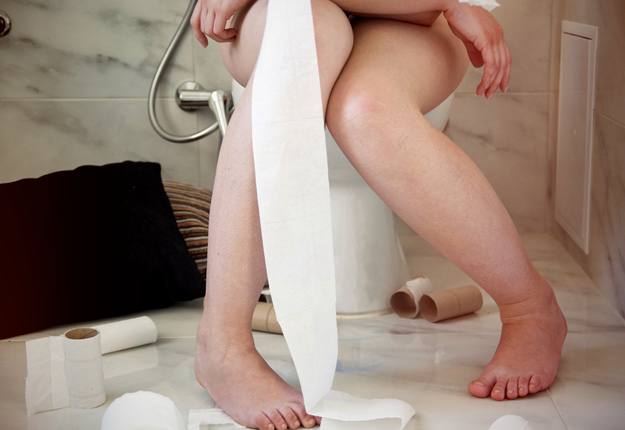If you’re overweight, incontinent and unmotivated, head on over to Beverly Hills where the doctors crack nuts with sledgehammers.
I don’t know about you but I reckon having bariatric surgery to alleviate bladder leakage is just a tad extreme.
I’ve just read an article in Digital Journal about how Beverly Hills physicians are patting themselves on the back and lauding the many wonderful benefits bariatric surgery offers their well-fed clients – and their bank balances too, I imagine.
I wonder how familiar the term “conservative management” is to these guys. What do they use to crack their nuts? I know what I’d like to use.
Sure, there are many morbidly obese people for whom bariatric surgery is a life-saver, but to associate bariatric surgery with incontinence seems excessive, doesn’t it?
It has long been established in medical circles that losing between just five and 10 per cent of body weight can reduce the incidence of urinary incontinence by around 70%(1). That’s a lot – imagine a 70% shoe sale!
And the weight you’d have to lose isn’t that daunting; if you’re 10 stone (64 kg), that’s losing half a stone to a stone (or 3 to 6 kgs in metrics).
Among continence health professionals, weight loss is a routine and effective treatment for leaky bladders for those who may have been left in the good paddock too long.
According to the Continence Foundation of Australia there are two big culprits that can cause unwanted bladder leakage – being overweight and having a baby.
Of course there are other medical conditions (neurological, musculoskeletal, diabetic, urinary tract, prostate, genealogical) that can predispose people to incontinence, but in the vast majority of cases, it comes down to over-stretching the pelvic floor muscles so much they become weak and lose their ability to hold everything in.
Another big no-no is any activity that forces you to strain yourself intra-abdominally.
Remember that strange, alien noise you made when you pushed a baby out? If you ever make a noise remotely resembling that, stop what you’re doing. Whether you’re straining on the toilet – yes constipation is another big contributor – or lifting something heavy, you’re doing damage to your pelvic floor.
And that also applies to the more timid among us, who in deadly silence, sweat and strain on the toilet.
Thankfully all our muscles, including the pelvic floor muscles, can be strengthened with regular training, and pelvic floor exercises done daily will work wonders for any urinary leakage problems.
So by avoiding constipation, giving weight-lifting a miss and keeping your weight in the proper range, your odds of becoming incontinent are reduced dramatically.
It’s not rocket science and it certainly isn’t bariatric surgery.
Of course, weight gain during pregnancy is unavoidable, as is the strain to the pelvic floor during childbirth, but by doing your pelvic floor exercises during pregnancy; the odds of returning to pre-baby condition are excellent.
In fact, there’s a great phone app from the Continence Foundation of Australia specifically for exercising your pelvic floor during and after pregnancy.
Another great resource for anyone with incontinence is the National Continence Helpline, (1800 33 00 66) which is staffed by friendly continence nurses who can offer information, confidential advice and referrals.
-
Wing RR et al. Improving urinary incontinence in overweight and obese women through modest weight loss. Obstet Gynecol 2010 Aug (2 Pt 1): 284-92 Subak ll et al. Weight Loss to Treat Urinary Incontinence in Overweight and Obese Women. N Engl J Med 2009; 360:481-490 Continence Foundation of Australia




















5:22 pm
8:06 am
11:58 pm
8:47 pm
5:29 pm
9:29 am
-

-
-
mom94125 replied
- 18 Oct 2015 , 4:15 pm
Reply10:11 am
10:57 pm
7:41 pm
4:46 pm
2:10 pm
12:08 pm
11:49 am
11:00 am
6:25 am
11:20 pm
10:29 pm
5:25 pm
4:38 pm
11:15 am
- 1
- 2
- »
Post a commentTo post a review/comment please join us or login so we can allocate your points.